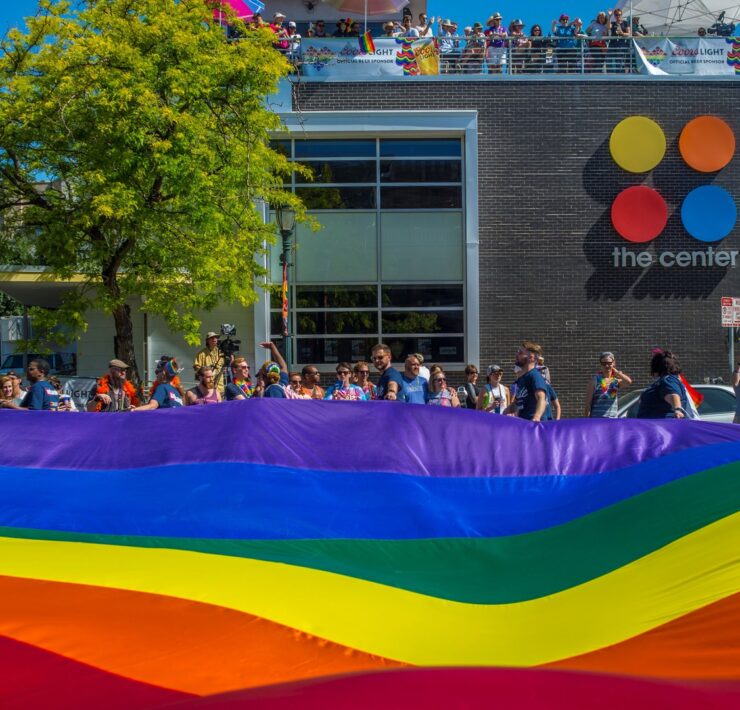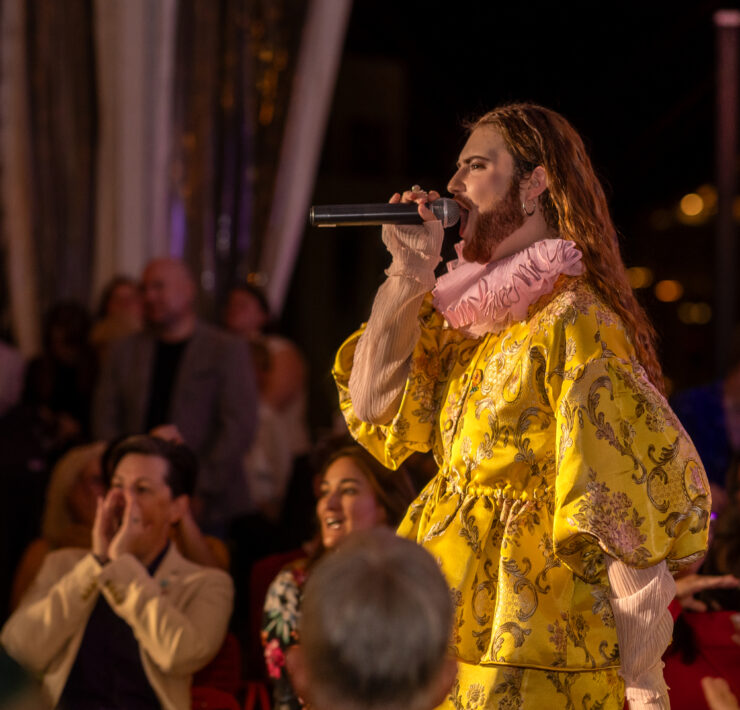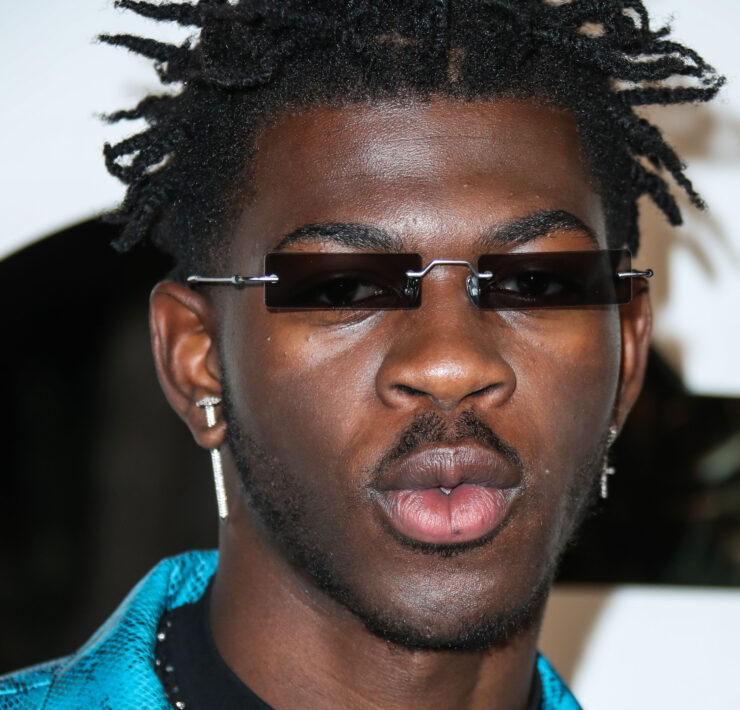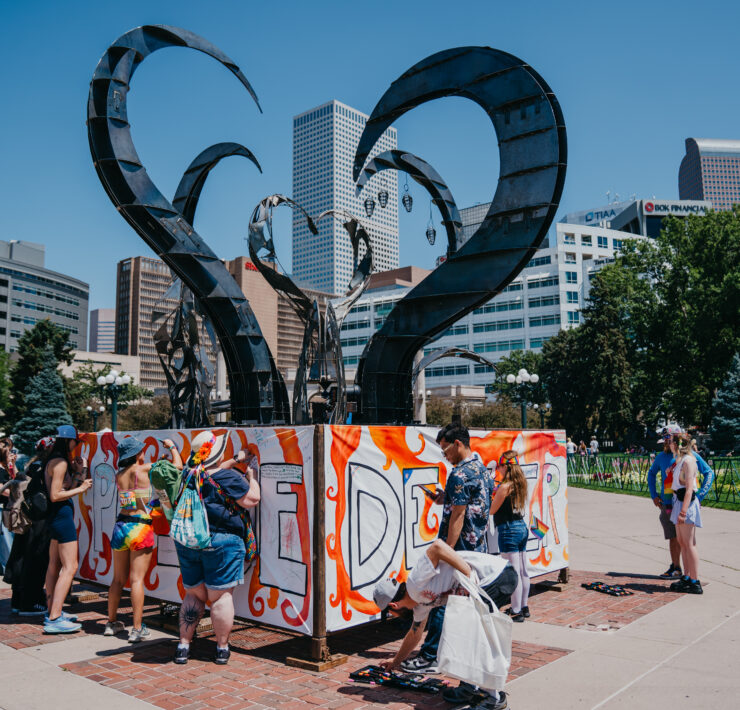Denver Pride Allowing LGBTQ Police Officers, First Responders to Participate in Parade
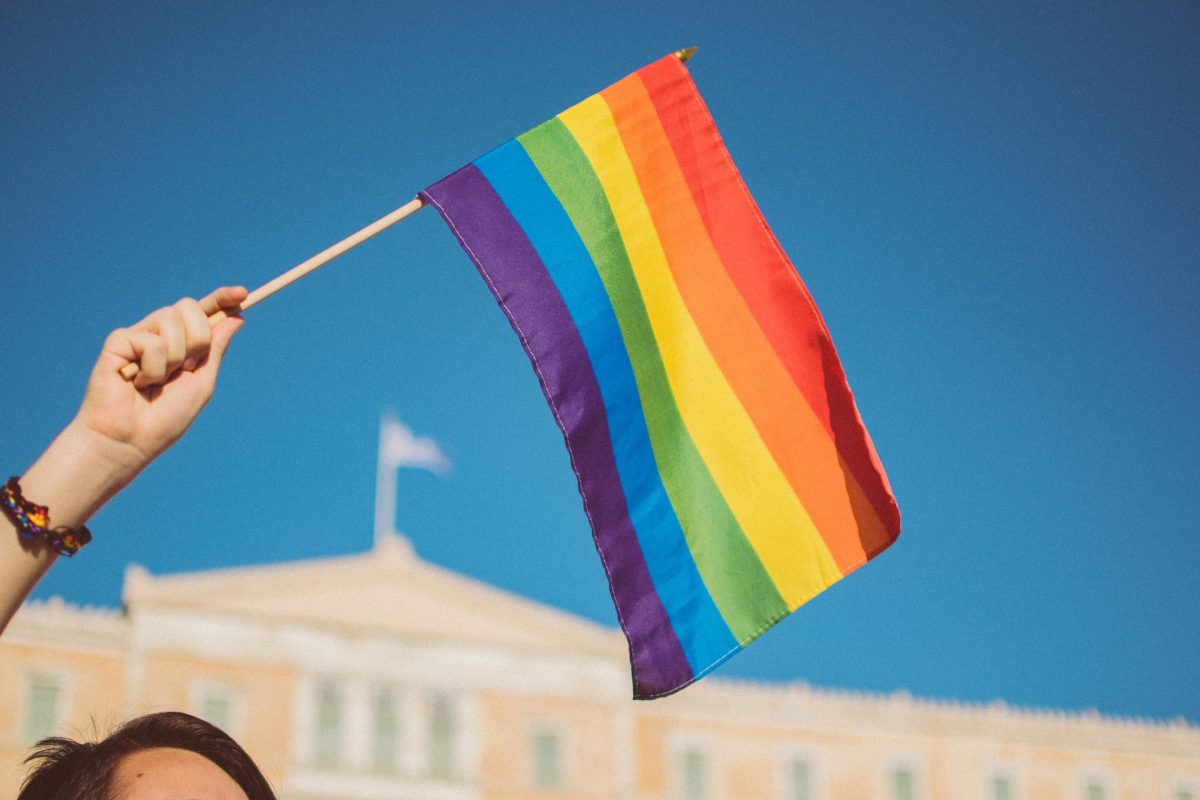
Keegan (they/them) is a journalist/artist based in Los Angeles.
In May 2021, Denver Pride made headlines, announcing that it would not allow police to participate in the year’s festivities. This year, after deliberating and consulting the community, Denver PrideFest 2022 organizers have decided to invite individual LGBTQ law enforcement officers and first responders to participate in the parade, rather than inviting the department as a whole.
The decision last year was informed by feedback from community forums; staff of the Center on Colfax, which organizes Denver Pride; and queer and trans people of color. The Center CEO Rex Fuller told OFM at the time that it was a challenging decision to make, though it ultimately looked at the events surrounding the death of Elijah McClain and subsequent investigations of local police departments in making the decision.
“… Looking at the history of the Pride movement, which started with protests against law enforcement harassment of the community, and looking at the history of The Center, which very much has its roots in objecting to police harassment of a community—that tipped the scales and made the decision, especially this year,” Fuller said.
For 2022, police officers and first responders who are part of the LGBTQ community are allowed to participate in the parade, dubbed, “Pride on Duty Colorado.” Officers and first responders plan to form a “marching contingent” for the parade, and the group will provide training and support for LGBTQ officers and first responders throughout the year.
Fuller caught up with Denver Channel 7 as the changes were announced, calling last year’s announcement “very controversial” and “very hurtful” to people in the community, specifically LGBTQ police officers.
“We’ve tried to include as many opinions as we can, and we’ve tried to come to the best compromise that we can,” Fuller says.
In an email to OFM, Fuller says that the Center has worked to facilitate community conversations around police participation in Pride over the past year, working with Corrections Consultant Rachel Esters to reach community leaders and law enforcement representatives. People shared their experiences of fear and distrust for the police, and Fuller recognizes the pattern of racially biased policing the state attorney general found in Aurora, along with the Denver Office of the Independent Monitor’s investigation into Denver Police Department and the George Floyd protests.
“We have to acknowledge the real pain that people have experienced,” Fuller says.
He also acknowledges the officers who “endured great personal risk” to be out and open because they believed they could help make the community better.
“One officer told me that they felt as if they had to come out twice; once as a member of the LGBTQ community, but then also having to come out as a member of law enforcement to their own community—and they experienced rejection in both work and community,” Fuller says.
Fuller points to the main question The Center faced in making the decision: How does the organization produce a Pride event acknowledging the real problem of system racism within law enforcement while also acknowledging the struggles of individual law enforcement officers who are trying to do good for their community? Fuller says there isn’t a perfect answer, but the compromise meant working with a group of LGBTQ officers and first responders to create a marching unit in the parade. They will not be in uniform, wearing t-shirts that read “Pride on Duty Colorado” instead, though Denver Pride is not inviting police agencies and police departments to participate in the parade or festival.
“As a requirement of our permits to close streets for the parade and festival, police will have to be involved. From a public safety standpoint and functioning within city and state regulations, and especially for an event of our size, there isn’t any way around that. But there won’t be a group of police cars going down the parade route as in years past,” Fuller says.
Fuller also recognizes that the compromise will not be accepted by everyone. The Center has already heard from community members who aren’t happy with the decision and don’t want police near the event, and Fuller notes some law enforcement officers were displeased because participating officers were asked not to wear uniforms.
“We have done our best to listen to concerns of the community and to try to create a safe space that acknowledges the pain experienced by some in our community and recognizes our history, but also try to be as inclusive as we can,” Fuller concludes.
Fuller adds that the majority of responses so far has been positive and that he hopes community members can rally around The Center’s efforts to include everyone in the LGBTQ community at PrideFest.
What's Your Reaction?
Keegan (they/them) is a journalist/artist based in Los Angeles.



